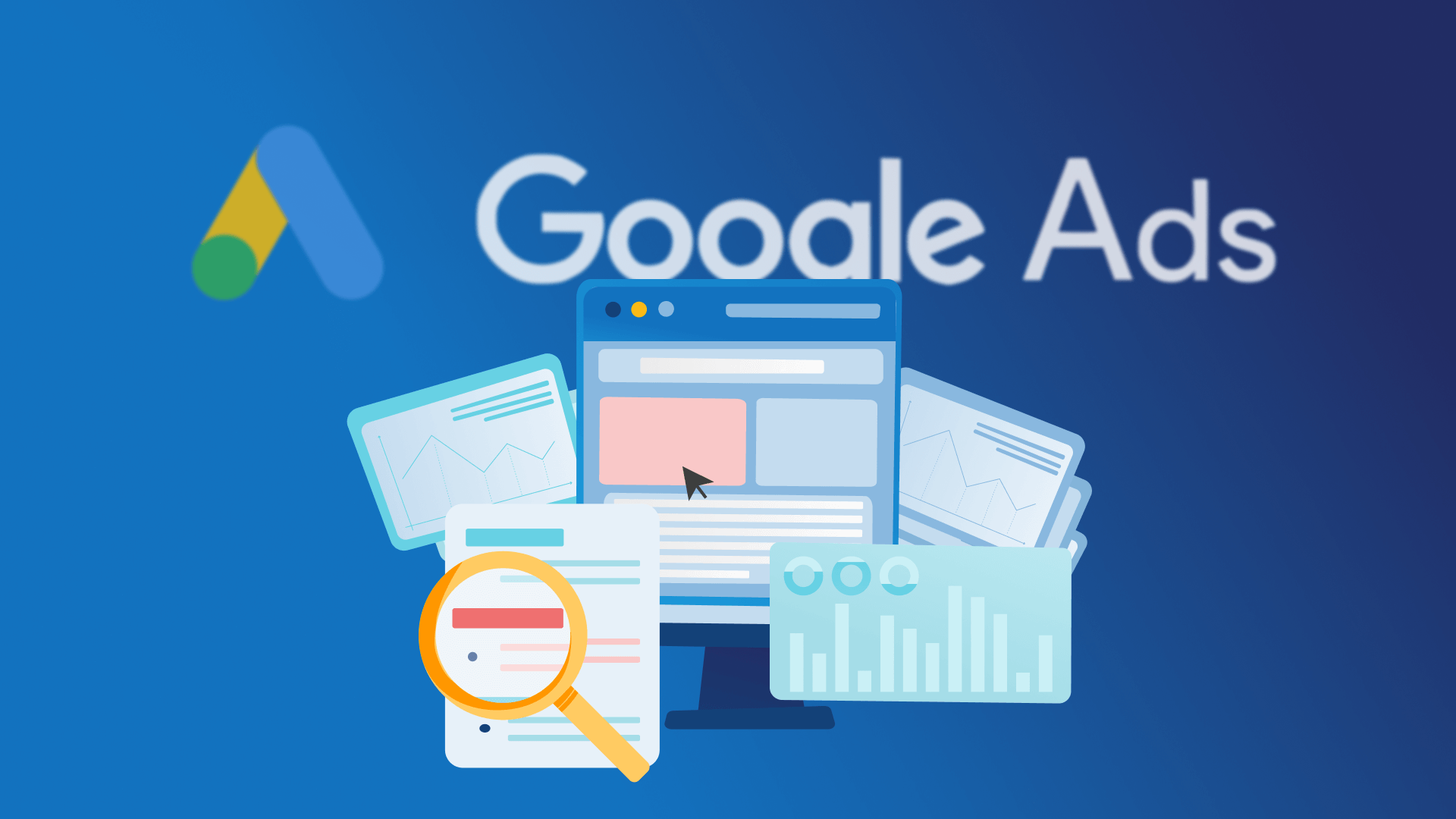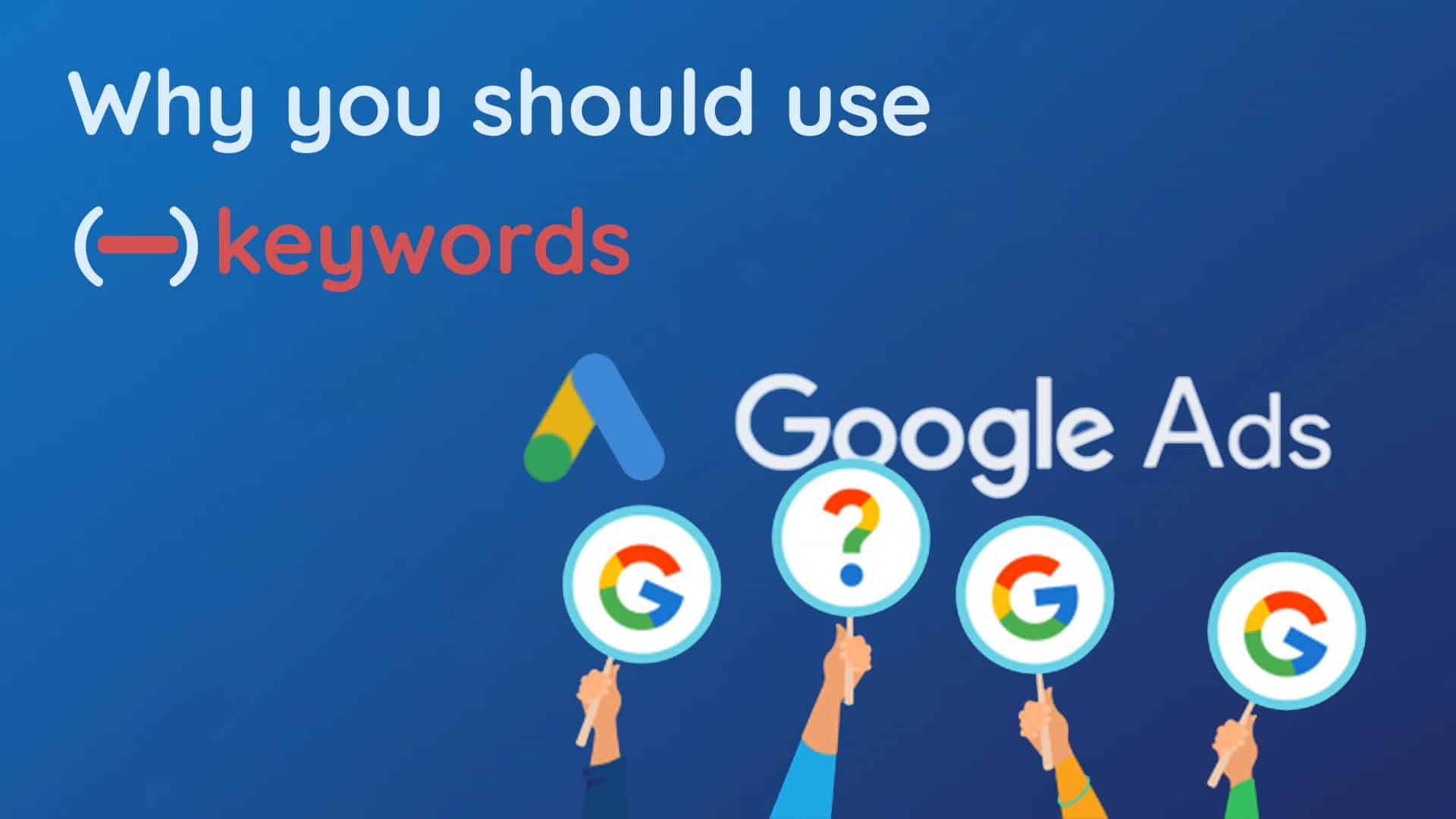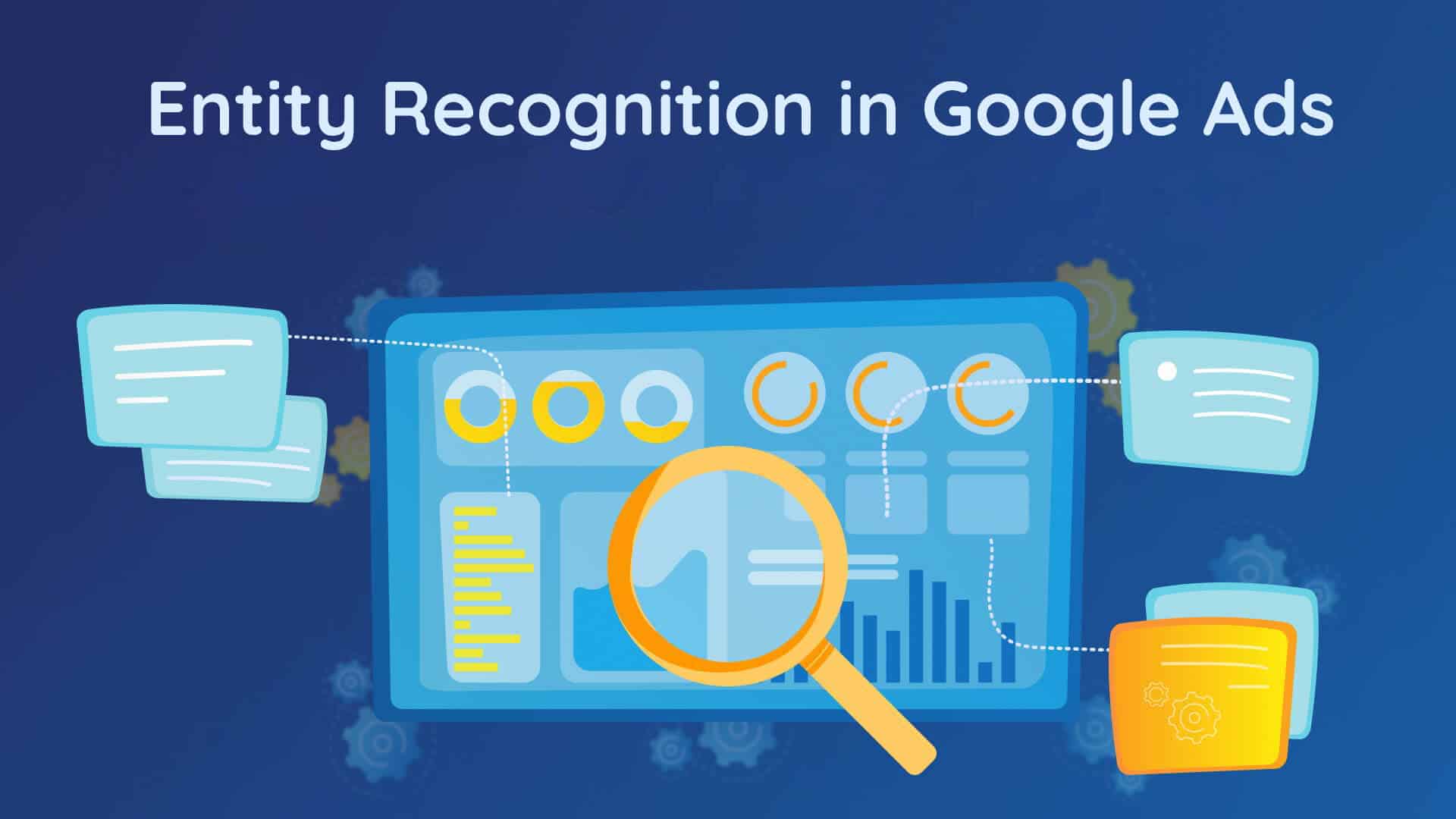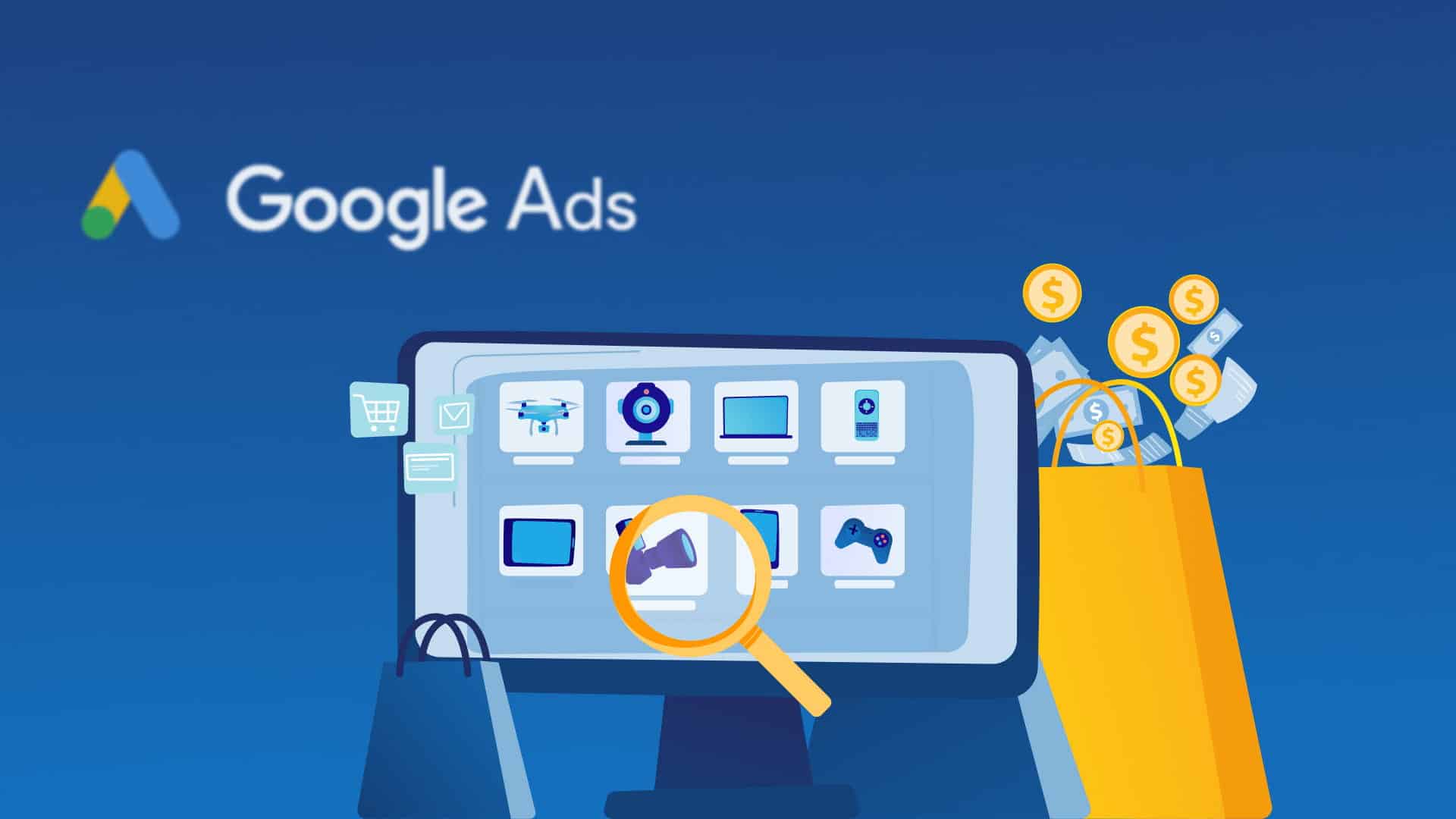What is a reasonable CTR in Google Display for your business?
Having a “too good to be true” CTR most definitely means that you’re wasting budget on spam. Although there are no absolute values, you can determine a baseline CTR for quality placements. For those who are relatively new to the subject, CTR or Click-Through Rate determines both your ad rank and your cost per click […]
Should you add negative keywords on campaign/ad group level or use shared sets?

Although the answer to this question differs according to the task at hand, using shared sets on MCC (My Client Center) level has huge benefits when maintaining the negative keywords. Excluding irrelevant search terms is an important part of any Google Ads campaign and managing the negative keywords can turn out to be quite a […]
Why you should use negative keywords also when Google tells you that Smart Bidding is doing the job

Do you think Google’s algorithm can outsmart the account managers? According to marketing professionals, it looks like the machine still has a long way to go in making better choices. We recently conducted a survey on LinkedIn, asking the Google Ads managers if they agreed with Google when it says “Avoid negative keywords when using […]
How to identify negative keywords for Google Shopping query sculpting in a scalable way

While specific queries drive better conversion rates, getting negative keywords for Google Shopping query sculpting can be challenging. These approaches can help you save time and budget while scaling. It’s very common in advanced Google Shopping campaign structures to split the traffic into different campaign buckets of: To achieve this, we have to define these […]
How to deal with limits on negative keywords in Google Ads

While close variant matches increase the number of negative keywords heavily, there are some smart solutions that can help you keep it below the limits and save a larger portion of your ad spending. Google has limits for a lot of account elements. In most of the cases, you haven’t heard about those limits because […]
Hands on Entity Recognition in Google Ads: Build a lookup database

Doing all the entity management manually is simply too much effort. There are several ways you can regularly add new entities to your database in considerably shorter time. As we described in a previous post, you can use entity databases to efficiently optimize your Google Ads. Now, we’ll describe hands-on experience on how it looks […]
How to find good product keywords in Google Ads

Users search for products in many ways. It may be challenging to find the correct keywords. Here are some smart approaches for a better Google Ads performance. In this post, we want to share some ideas to solve the challenges when you want to add high quality keywords for your products. Let’s start with the […]
Use Google Play Store data to score mobile app placements in Google Ads

Identifying the quality of a placement is more difficult on mobile apps. Insufficient sample size can be quite a challenge. Here is a smart solution to tackle this problem. Identifying good or bad placements can be very difficult. For website placements we’ve been enjoying great success with making a domain “fingerprint” and use the data […]
Clustering Google Display Placements Using Tf-Idf + KMeans

You can group display placements together based on their website content and judge elements even with low sample sizes. This will help you detect the good and bad performing ones and make adjustments. Grouping display placements together based on their website content uncovers very well performing clusters along with some poor ones. The problem we […]
Entity recognition in Google Ads

There are several great use cases of entity recognition on search terms in Google Ads. In this post, you’ll find out how to optimize your Google Ads accounts with a step-by-step guide to build a custom entity database. Entity recognition is an information extraction technique. It identifies and classifies the named entities in a text […]